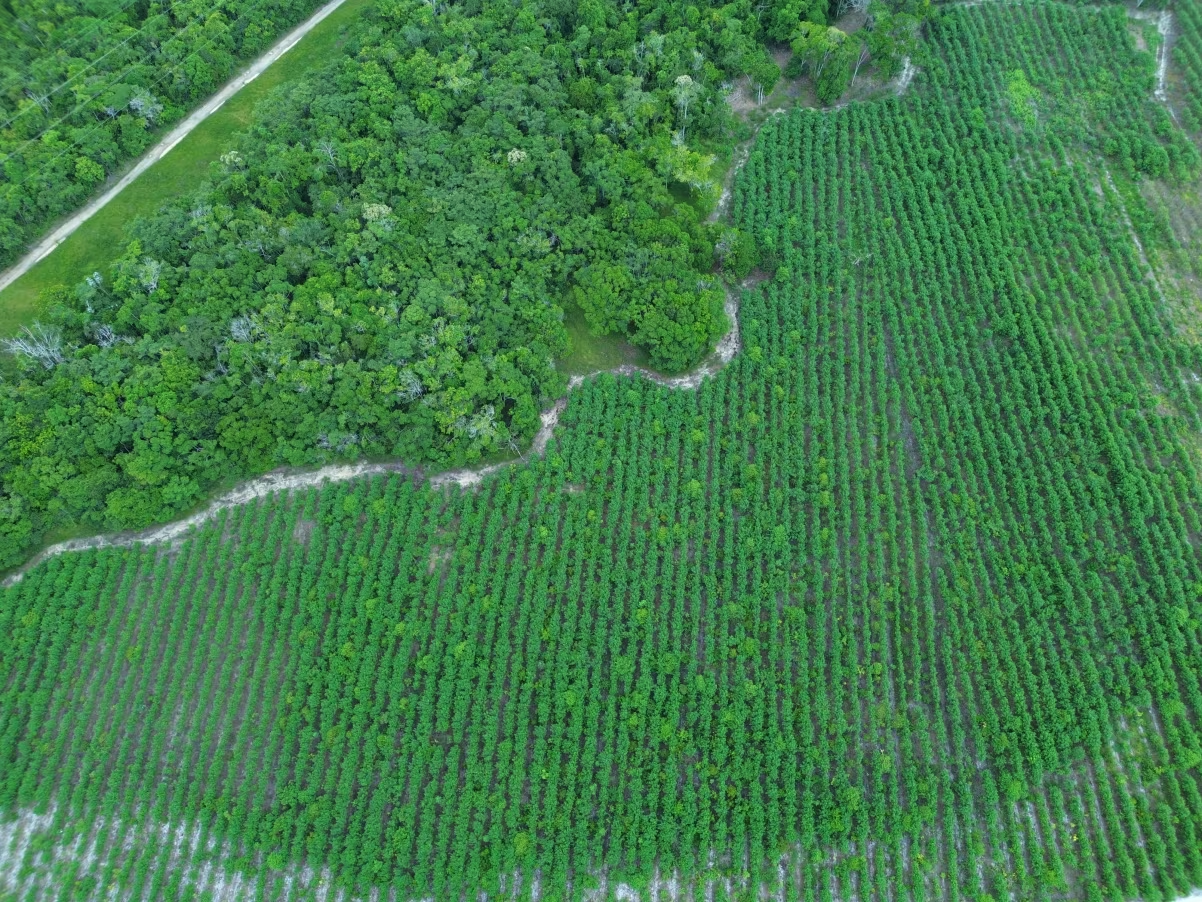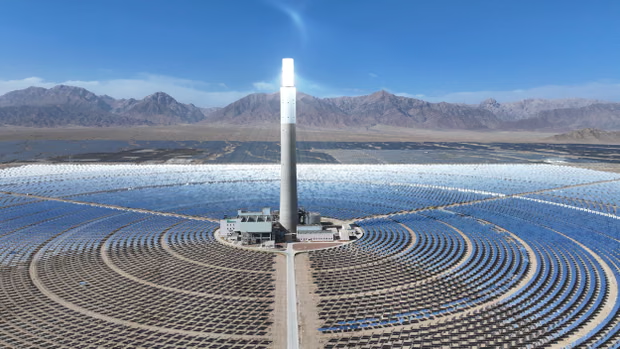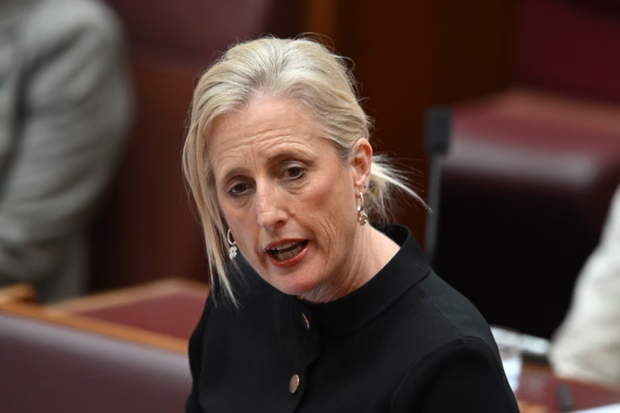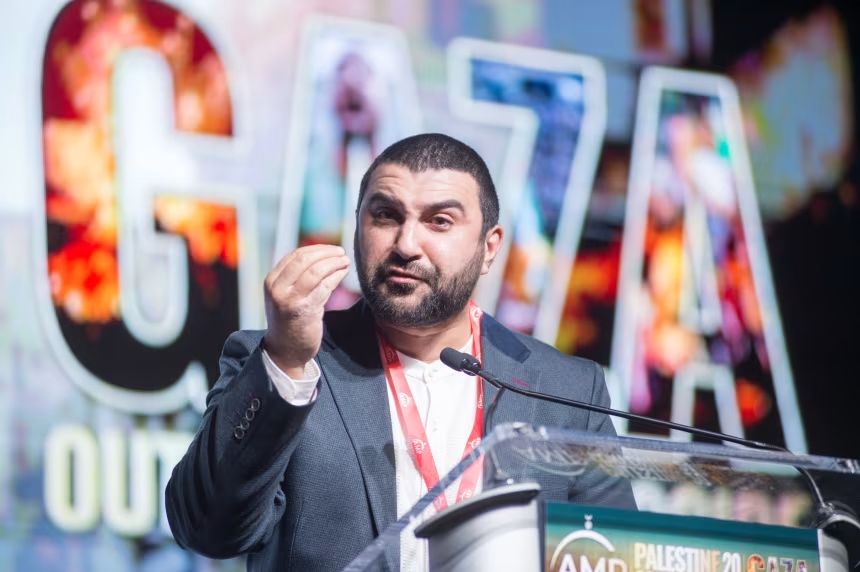Now Reading: How Drones and AI Are Revolutionizing Forest Restoration in Brazil
-
01
How Drones and AI Are Revolutionizing Forest Restoration in Brazil
How Drones and AI Are Revolutionizing Forest Restoration in Brazil

Brazil’s tropical forests, including the Atlantic Forest and the Amazon, are among the most biodiverse regions on Earth, yet they face alarming deforestation. Only 12% of the Atlantic Forest remains, and the Amazon has lost nearly 20% of its cover over the last 50 years.
Re.green, a Brazilian ecological restoration company, is turning the tide using advanced technology. Last week, the company won the Earthshot Prize in the “Protect and Restore Nature” category, recognized for leveraging AI and drones to restore degraded forests.
The company uses AI algorithms to analyze satellite imagery and scientific data, identifying optimal restoration sites, often on low-productivity farmland. Re.green acquires or leases the land and deploys tailored reforestation techniques based on the environment. In accessible areas, intensive planting is done, while remote zones rely on natural regeneration and drone-assisted planting. All projects use native species grown in Re.green’s Bioflora nursery, which can produce 2 million seedlings annually.
The AI also helps the company design financially sustainable models. Some areas are reforested for carbon credit generation, verified by independent auditors, while others are planted with high-value timber species for future harvest. Re.green has already sold millions of tons of carbon credits to corporations like Microsoft and partnered with Nestlé to restore thousands of hectares of Atlantic Forest.
Since 2021, Re.green has planted over 6 million seedlings across 30,000 hectares and aims to plant 65 million by 2032. The company is fundraising $60 million to expand its AI and satellite technology, with the Earthshot Prize win boosting visibility, partnerships, and research opportunities.
Re.green’s approach demonstrates that large-scale ecological restoration can be both environmentally transformative and financially viable, creating a scalable model for global forest recovery.




